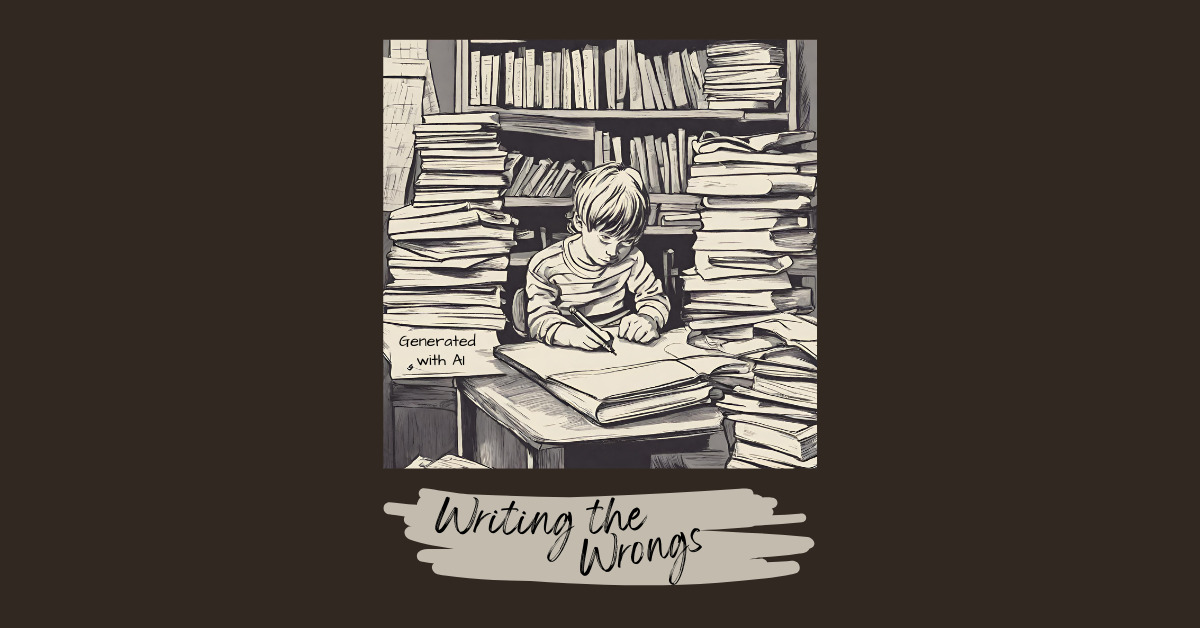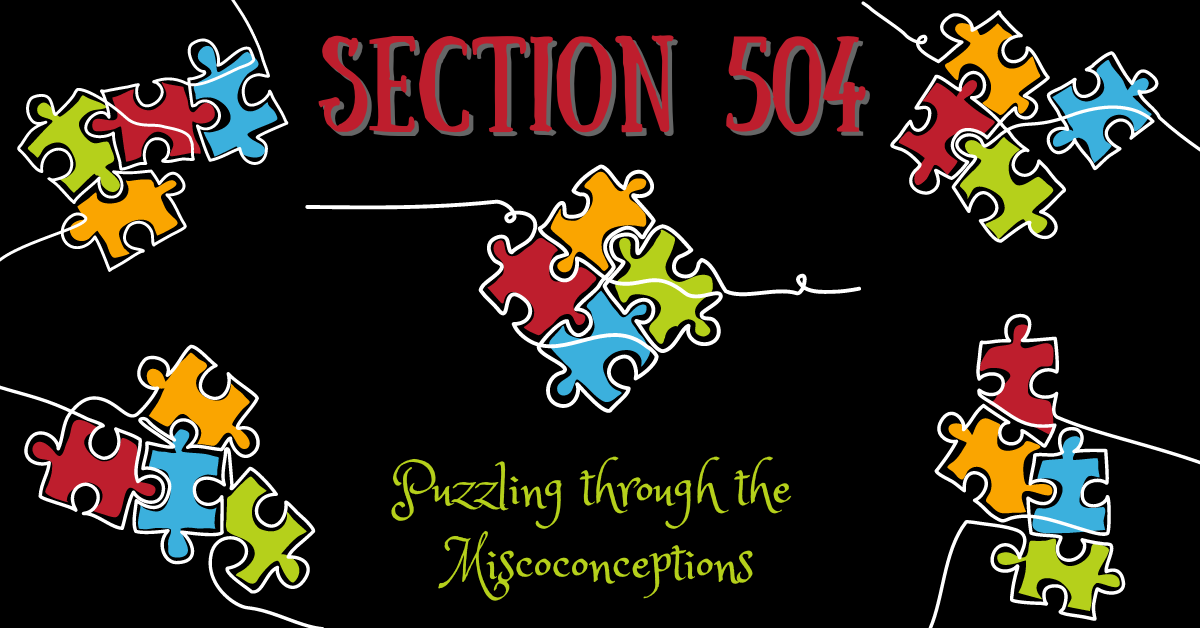Anyone Can Teach!
The notion that anyone can teach amuses me, as I’ve personally witnessed instances that prove not everyone is cut out for the teaching profession. One such instance happened at the beginning of my second year of teaching. The French teacher had to resign after suffering two family tragedies. A math teacher, also certified in French, assumed the role, with administrators believing it would be easier to find a math teacher than a foreign language teacher. This assumption proved to be inaccurate.
I observed an exceptional long-term substitute contemplate quitting after just a few weeks teaching the math classes, labeling the third block as the “hell class.” Following her refusal to continue substituting on those math classes, administrators cycled through six substitutes and recruited three different certified teachers, each resigning in a shorter timeframe than the one before. Eventually, individuals without teaching certificates were brought in, only to leave in quick succession. The last recruit walked into the class and promptly left.
This particular instance of a revolving door of teachers highlights the notion that teaching is not a task suited for just anyone. Teaching demands a combination of knowledge, skill, and a considerable amount of patience. A successful teacher excels in comprehending and instructing the entirety of the state-mandated curriculum, swiftly researching and grasping concepts to keep pace with today’s educational framework. Implementing effective classroom management strategies, creating quality lesson plans, differentiating instruction to address students’ varying abilities, and designing and implementing both formative and summative assessments are all also crucial facets. Above all, patience is paramount, given the diverse personalities, behaviors, and unexpected events that fill the classroom.


Those Who Can’t…
There are two main quotes in regards to teaching that are often repeated. The first, from Woody Allen, suggests that “Those who can’t do, teach,” while the second, from George Bernard Shaw, states, “Those who can, do. Those who can’t, teach.” Both quotes imply that individuals who possess a skill or ability are the practitioners, while those lacking such skills become teachers. However, the misconception that just anyone can teach challenges this notion and provides evidence that teachers not only possess the ability to “do” but also the capacity to help others “do.”
Consider the straightforward example of dividing decimals. My husband, proficient in performing the division, could guide our son through the process but struggled to explain why the decimals are moved or articulate the associated terminology like quotient, divisor, and dividend. In contrast, I could not only execute the division but also clarify the process and help our son understand the directions, thanks to my grasp of the terminology. Though this may seem like a simple task, it illustrates that a teacher must not only master a skill but also articulate and facilitate its understanding for others. In this light, Woody Allen and George Bernard Shaw’s perspectives may miss the mark.
I lean towards Aristotle’s thoughts on education, drawing from two of his quotes:
“Those who know, do. Those that understand, teach.”
“The one exclusive sign of thorough knowledge is the power of teaching.”
The first quote reminds me of a candidate for the math position I discussed in “Anyone Can Teach!” who was an adept accountant but struggled to explain mathematical concepts to high school students. Knowing how to perform a task is one thing, but understanding it deeply enough to convey it effectively requires a different skill set. Many students require a comprehensive explanation, including all steps, to grasp and complete math problems. Providing such detailed guidance demands a profound understanding of the concept.
The second quote aligns with my belief that true comprehension of a concept is demonstrated by the ability to teach it. I used to encourage my students to explain what they learned to each other, as this exercise gauged their proficiency with the subject matter. The capacity to articulate a concept convincingly signifies a thorough understanding of it.
The initial set of quotes, as eloquently highlighted by John Dsouza in “Knowing & Understanding VS Doing & Teaching,” appears to suggest that individuals who struggle in practical or professional realms often find themselves in teaching roles. In contrast, the second set of quotes implies that the capacity to teach stems not only from knowledge but also from a deeper understanding. Consequently, I firmly believe that individuals possessing knowledge, understanding, and the ability to apply that knowledge and understanding have the inherent power to teach.
A Teacher’s Day…
Many individuals believe that a teacher’s day begins and ends with the school bell or the arrival and dismissal of students. This misconception saddens me because teachers are not receiving the respect they deserve for the extensive work they undertake.
While a teacher’s instructional day in most American schools lasts eight hours, they often spend countless hours planning, researching, and grading. Like many teachers, I have spent many nights and weekends crafting lesson plans, assignments, and assessments. This includes searching for content to inspire and motivate students and participating in both in-person and online training sessions. These tasks are typically carried out after the school day, as teachers spend their official hours instructing and caring for students.
Personally, beyond the aforementioned responsibilities, I devoted additional hours before and after school in my classroom to tutor students, volunteered for numerous school events, created newsletters that were emailed to families, made phone calls to discuss student progress, and collaborated with peers to enhance my teaching capability.
You might be aware of teachers who do not engage in these additional efforts, and that’s true. I’ve encountered teachers who do the minimum, but they are the exception rather than the rule. Just as in any profession, there are individuals who exceed expectations and those who do not. Over my 23 years working in schools, I can count only a handful of teachers whom I consider ineffective. Most of my fellow educators are dedicated to making a positive impact on children’s lives, devoting substantial time and effort to foster an enriching learning environment.
Do I believe that education, including teachers, has evolved in those 23 years? Yes! However, my thoughts on these changes is reserved for a future post.








